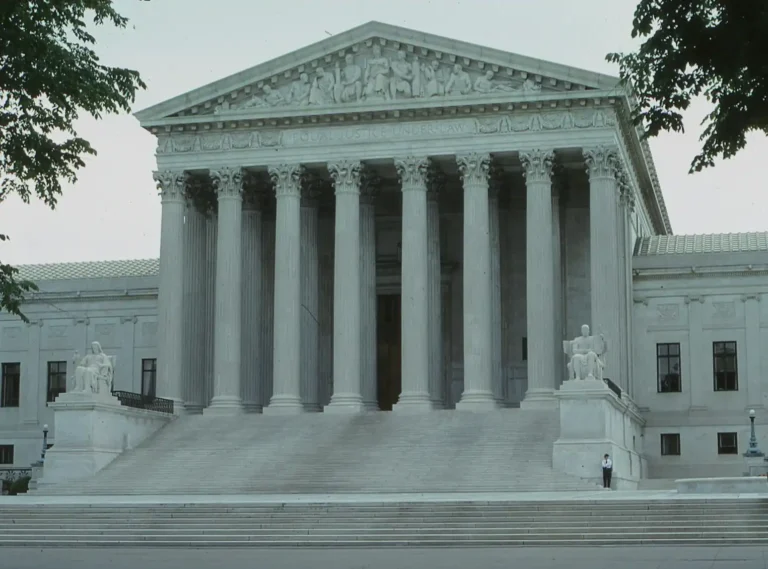January 11, 2012
U.S. Supreme Court justices challenged lawyers for major networks Tuesday to explain why the federal government should not be able to establish a “safe haven” from nudity and obscene language on television.
The high court heard oral arguments in what has been described as the most important broadcast indecency case in more than three decades …
The arguments came in a case, FCC v. Fox Television Stations, that has bounced up and down the federal court system for years. In the latest development, the high court is reviewing an opinion from the Second Circuit Court of Appeals in New York that overturned federal indecency rulings against prime-time telecasts that included nudity and profanity, as well as the policy on which they were based …
In briefs for the Supreme Court, Fox, ABC, CBS and NBC called for the justices to overturn one of their own rulings — the 1978 FCC v. Pacifica opinion, which said the government has the authority to regulate indecent language on the airwaves …
After the oral arguments, long-time pro-decency leader Patrick Trueman said he was “very hopeful.”
“[I]t sure seemed like we would have to say that the court is not willing to overturn the Pacifica case, which earlier upheld the statute on indecency,” said Trueman, president of Morality in Media, outside the court building. “And I think that the arguments of the networks were weak, and that was pointed out so even by Justice Breyer and certainly by Justices Scalia and Alito. I don’t think they’re going to win” with the justices.
Craig Parshall, general counsel of the National Religious Broadcasters, also was encouraged, saying in a written statement, “It was clear that several of the justices see the practical need for FCC guidelines restricting indecent programming and that the arguments of the broadcast networks that seek to strike down existing guidelines missed the point: restrictions on profanity and explicit sexuality can be fully compatible with a sensible view of the First Amendment.”



